FREE Shipping on Orders over $89 with Account – Create One Today!
- (844)-859-9400
- Get Help
Showing all 5 results
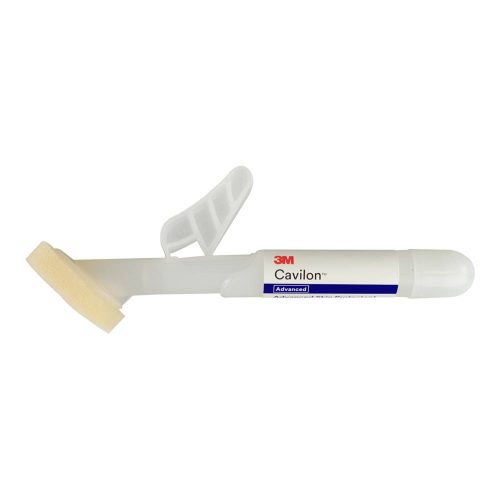
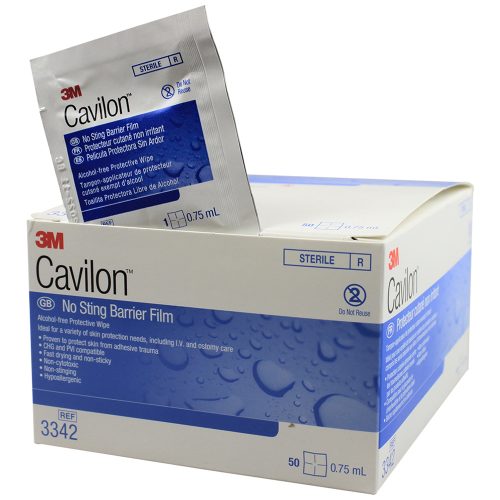
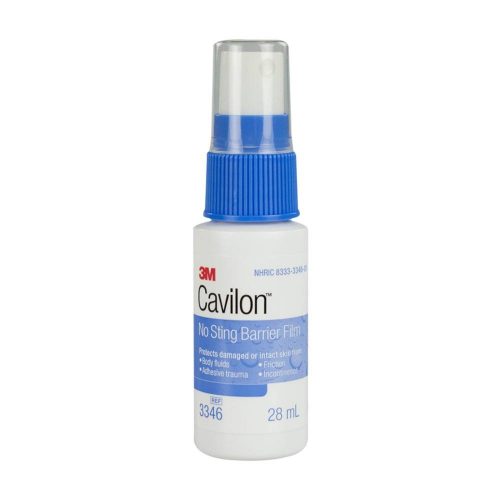
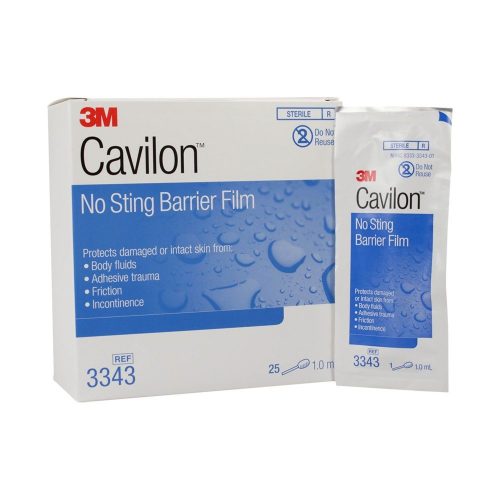
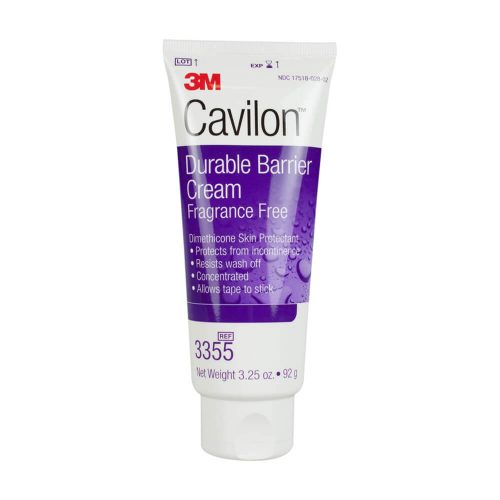
Water loss due to a damaged skin barrier can have a domino effect. Not only is the skin more sensitive and drier, but other consequences can arise. Protective mechanisms decrease, lipids are depleted, and cellular matrix is disrupted.
With time, further symptoms may appear:
Locking in moisture through skin protectants is essential for healing wounds, taking care of peristomal skin and managing incontinence. For wound care, too-dry skin stalls the healing process, and for ostomy systems, eroded skin creates irritation and adhesion issues.
Incontinence, however, is more complex. Not only can the condition irritate the skin, but excess moisture is another issue, leading to a rash or a yeast infection. Long term, the skin may start to break down, especially when regularly in contact with bodily fluids, or the patient may develop bedsores.
Using a skin protectant will ultimately:
Certain formulas may further create a physical film to protect the skin.
To reduce irritation and additional dryness, alcohol-free formulas are usually discouraged. Instead, lanolin, dimethicone and petrolatum help seal in moisture.
Skin protectants in cream, foam, lotion, ointment, paste and powder solutions are applied directly onto the skin’s surface to help preserve the barrier’s integrity and act as a shield against irritants.
Along with preserving the skin’s moisture, usage in wound care helps reduce maceration and creates an optimal healing environment to reduce inflammation and promote tissue formation. Around bony areas, pressure points and the perineal region, barrier creams and ointments help reduce breakdown, inflammation and potential pressure injuries.
Barrier sprays and wipes are designed to reduce, if not eliminate, the need to rub a solution into the skin and are ideal for patients living with an ostomy system. These products create a film directly on the skin, which, particularly for areas in contact with a barrier plate, lessens friction, limits contact with adhesives and provides a degree of protection against ostomy fluid.
Petrolatum, also known as petroleum jelly, has long been used as a skin protectant. Blending mineral oil and wax, petrolatum creates a physical barrier for the skin, which allows it to remain moist while helping wounds heal and preventing moisture loss in the process. Used over time, its formula may help with reducing scar formation for minor wounds. As a note, petrolatum gel may assist with moisture retention, but does not hydrate the skin on its own.
Shop a range of skin protectant solutions today for healing wounds, ostomy care and incontinence from Coloplast, Dynarex, Smith & Nephew, Medline, ConvaTec and more manufacturers.